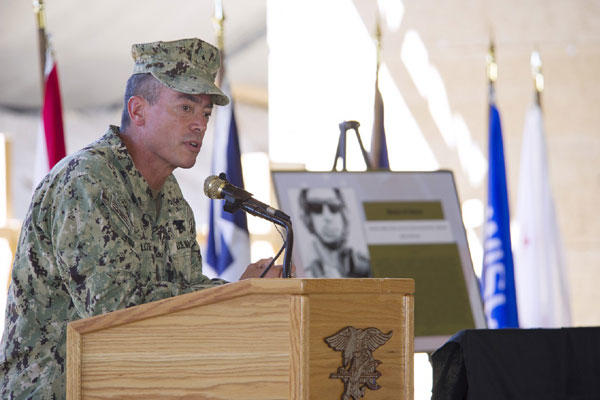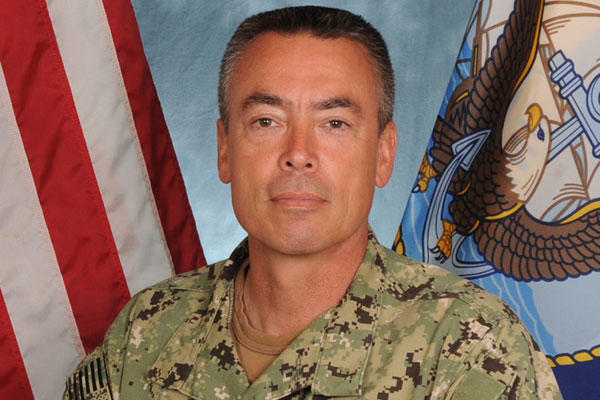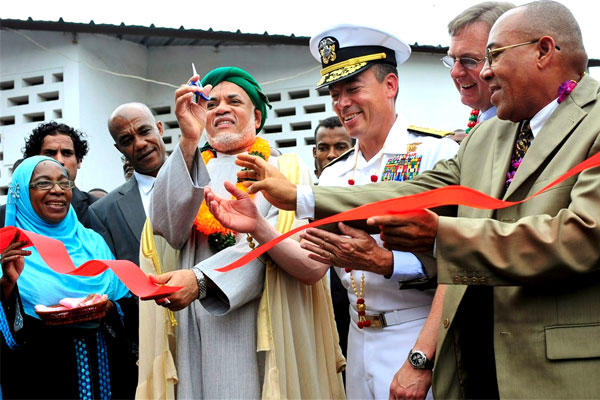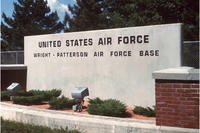The admiral in charge of Naval Special Warfare Command has reportedly retired from the service after his promotion was blocked earlier this year amid findings of whistleblower retaliation.
Rear Adm. Brian Losey passed command to Rear. Adm. Tim Szymanski in an Aug. 3 ceremony in San Diego. Navy Times reported that Losey retired the same week, though a spokesman for NSW could not confirm the exact date of his planned retirement.
Losey's career advancement was halted in March when Navy Secretary Ray Mabus rejected his promotion to a second star in response to pressure from several key senators. That promotion had been on hold since 2012 as Pentagon investigators looked into complaints of whistleblower reprisal.
In all, there were five investigations into complaints that subordinates had faced punitive or career-harming actions in connection with reporting a minor travel violation. Ultimately, a complaint was substantiated by the Defense Department Inspector General, who recommended that appropriate actions be taken.
But Navy brass and other senior leaders continued to support Losey against what some said was scrutiny he didn't deserve.
In an April opinion editorial, former SOCOM commander and retired Adm. Bill McRaven defended Losey, saying he had been targeted for seeking to effect positive change.
"Although Losey can be a tough taskmaster, he is a 'by-the-book' officer," McRaven wrote. "Unfortunately for Losey, along the way to strengthening the command, there were those who fought the change and through a series of whistleblower complaints sought to seek his removal."
Navy reviews of the IG investigations found no evidence of wrongdoing, McRaven said.
But the most powerful lawmakers pushing to end Losey's career, Senate Armed Services Committee Chairman John McCain and committee ranking member Jack Reed, maintained in a letter to Mabus that the Navy should not promote the embattled flag officer.
"We are especially troubled that during a time when the Navy is reportedly working to create a service culture and promote command climates that are free of threats of unlawful reprisals, that you would consider promoting RDML Losey when you specifically found that he created exactly the type of negative command climate that is so harmful to our military," the letter said.
Losey's change of command ceremony was attended by Chief of Naval Operations Adm. John Richardson and Army Gen. Raymond Thomas, head of U.S. Special Operations Command, a sign of respect for Losey's 33-year-career and his tenure at Naval Special Warfare.
Losey thanked the officers for their presence, calling it an honor, according to a military news release.
"There is no higher honor in the military than to have these two leaders of our nation's military to be here for Naval Special Warfare," he said.
-- Hope Hodge Seck can be reached at hope.seck@military.com. Follow her on Twitter at@HopeSeck.
Related Video:
































